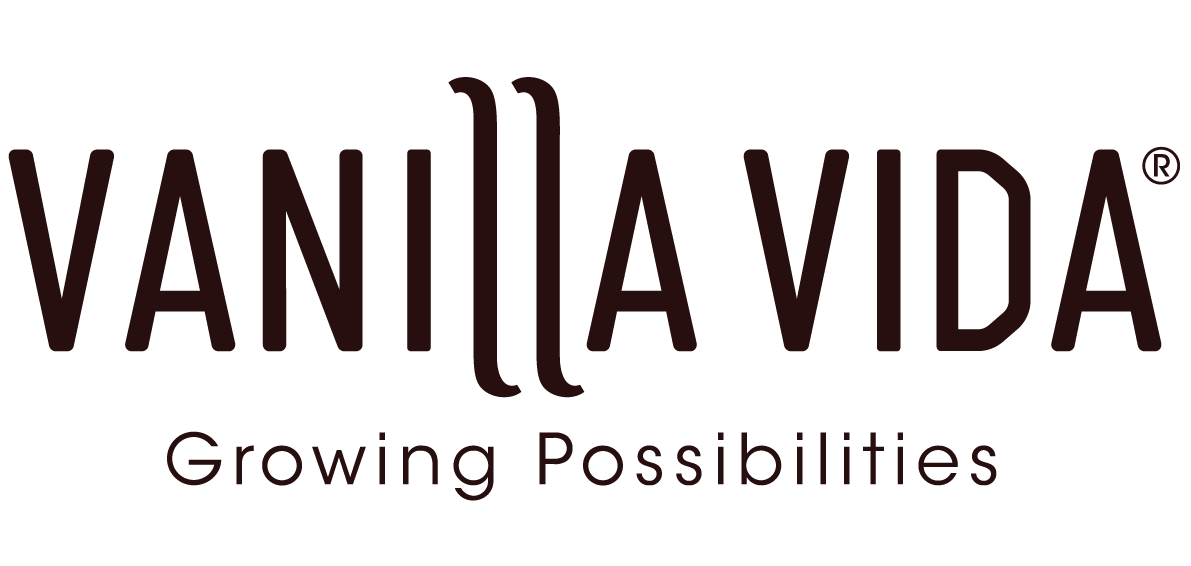Sponsored Content
Natural vanilla for the people
3 Sep 2023
The price of a single vanilla pod can reach 30 NIS (nearly $10), and at times of crisis — like after massive wildfires or theft by organized crime — it can rise even higher. The result is a market that is almost entirely artificial; only 5% of world vanilla is real, meaning most of the vanilla used in products around the world is synthetic, made from petrochemicals.
Will the Israeli startup company Vanilla Vida, based in the Galilee town of Tzipori, be able to turn the tables?
The company, which is less than two years old, is attempting to revolutionize the vanilla market by growing more concentrated pods and ones with different flavor profiles like floral or nutty. We sat down with founder and CEO Oren Zilberman,34, in the Asif test kitchen to ask him about the technology required to grow vanilla in Israel, if the company is concerned about undermining the traditional agricultural industry in Africa, and why has no one tried to rethink the vanilla industry before.
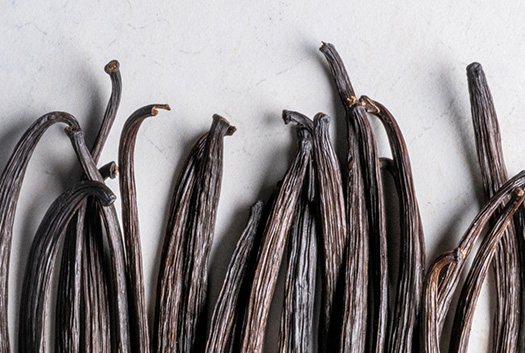
Let’s take a step back for a moment. When was the company founded?
January 2020.
Very recently, and you already have a product. Compared to other high-tech companies, this is a very short schedule.
We spent many sleepless nights and achieved technological success very quickly. The idea came up in 2019, we went on a funding round, and founded the company in early 2020.
Where are you located?
We do “vertical integration,” which means we are working on several things in parallel and also operate from two distinct locations. Our agricultural development centre, or AgriTech, is located at Yesud HaMa’ala, which is where we grow our vanilla beans. Our FoodTech – including growing and marketing – is currently located at Strauss’s The Kitchen FoodTech Hub, but we will soon move to a new location.
So how do you begin growing vanilla, where did the seedlings come from?
The first seedlings came from Africa. As the original seedling you start with is a crucial factor, selecting it was a complex and costly process. We checked what would yield the best fruit – which type of vanilla, from which village, in which province, in which country. It took us a long time to find it, but eventually, we did.
And yet, relatively speaking, this “long time” was not that long.
It took us about a year and two months, including a lot of time spent on bureaucracy and import licenses. Once we knew which seedlings were right for us, we had them delivered.
And are you still importing today?
No, today we use the original seedlings for breeding. We grow plants from tissue culture, that is, we grow vanilla from its first and most basic building block. We cut a tiny piece from the plant’s top, its newest part, and germinate it in a test tube with special substances. The great advantage of this method is that you start with a pure material, 100% disease-free. If there is a virus, a pest, anything – we can identify it immediately. On the other hand, it is much more expensive. Today we are beginning to mass produce tissue culture, in collaboration with the Ginosar Kibbutz.
“At Vanilla Vida, we follow pharmaceutical standards, and the result is a much more concentrated product”.
What is your background?
I am a farmer’s son. I was raised as a farmer, my father still works as a farmer. After serving in the Israeli army, I completed a BA in management and economy, and then continued to study business administration. I worked in venture capital, and my expertise was investments in technological agriculture, AgriTech.
You said you were “a farmer’s son.” Do you feel this was a significant contribution to Vanilla Vida’s success?
Absolutely. We are an agricultural product, and I have the ability to understand agriculture, to overcome agricultural challenges. I am familiar with the professional language, and I know how to deal with unplanned and unexpected events. Agriculture is a complex world, and technological agriculture all the more. This combination between the technological-analytical [knowledge] and working the land, the practical knowledge, is a key factor for me as a CEO and for Vanilla Vida in general.
How come you are the first to do this? Vanilla prices have been soaring for years due to high demand and natural disasters. With such a huge business opportunity, there must have been other attempts to grow vanilla around the world. With no disrespect, if you managed to do this so quickly, maybe it’s not that complicated?
We are not the first to think of growing vanilla outside its natural environment, but we are the first to cover the full chain of production. We have competitors in cultivation, mainly in the USA, France, India, and Australia, but none of them has started to grow commercially. Vanilla has not been truly studied, except academically, to a small degree. It’s only in the last two years that private companies and startups began to show interest, and only in the agricultural world. No other company does cultivation, curing and automating — this is what differentiates Vanilla Vida, this is its strength.
Why vanilla? Other FoodTech and AgriTech companies, especially Israeli ones, are trying to develop solutions for products that are considered more crucial for nutrition or global warming.
We have a single motivation – vanilla is the most popular flavour in the world, but only 5% of it is natural; 95% of the market is synthetic vanillin produced from petrochemical raw materials. Our only motivation is to help the world consume a more natural product. Today, demand exceeds supply. The raw material is extremely expensive, and it is expected to remain this way in the foreseeable future. So we have a business opportunity, a very high demand, and a challenge that is fun to solve — technically, agriculturally, its automation etc. As entrepreneurs, we are motivated by challenges and by the possibility of making an impact. The challenge is big enough, yet there is no need to invent a new product. I am not trying to sell you the milk of the future or cultured meat. We are a more practical type of entrepreneurs, taking an existing product and making it better. It also allows a much quicker entrance to the market.
As natural vanilla is produced by traditional farming in third world countries, are you not concerned about being seen as aggressive, trying to deprive these people of their livelihood?
This is a good and important question. The answer is no. We always say that we are not here to replace traditional farmers. We want to work side-by-side with them and expand the market for all of us. Today in Madagascar (the world’s largest vanilla exporter) they are burning jungles to grow more vanilla. There is already a huge deficiency in the market; we want to fill this vacuum, not to take anybody’s place. A big part of our model is to transmit knowledge to the traditional world, to help them improve. When we approach a big essence manufacturer, we do not want to be its unique provider. I want to help decentralize the supply chain and maintain it, make it stable and consistent. I want to be 15-30% of their supply. I want to help the world consume vanilla that is more natural, and this means we need to expand the market with technology and an increased supply. I want to take a small piece of the pie.
That is, you target the synthetic vanilla market? The 95%?
Exactly. Like I’ve said, we want to help the world consume more natural vanilla, and the way to do so is to produce more natural vanilla. Big companies need regular supply. We want to increase the amount of raw material, and this increase in production capacity and production stability makes it possible for corporations to move from synthetic vanilla to natural vanilla. Again, our model is not to replace traditional farmers, but to work in parallel.
Related news
![Roquette at Fi Europe: Empowering people and planet via plant-based innovation [Interview]](/47/pdcnewsitem/12/35/84/th123584.png)
Roquette at Fi Europe: Empowering people and planet via plant-based innovation [Interview]
26 Jan 2024
Presenting its latest F&B solutions under the banner of ‘Empowering healthier and more sustainable food choices’, Roquette’s appearance at the most recent edition of Fi Europe coincided with the innovative company’s 90th anniversary.
Read more![Emsland at Fi Europe 2023: Leading the field in sustainability and future-proofed food [Interview]](/47/pdcnewsitem/12/35/83/th123583.png)
Emsland at Fi Europe 2023: Leading the field in sustainability and future-proofed food [Interview]
26 Jan 2024
Germany-headquartered Emsland is a vegetable protein and fibre pioneer responding in earnest to the food sector’s sustainability challenge, while supporting its customers to develop plant-based, clean label and nutritionally enhanced products through “...
Read more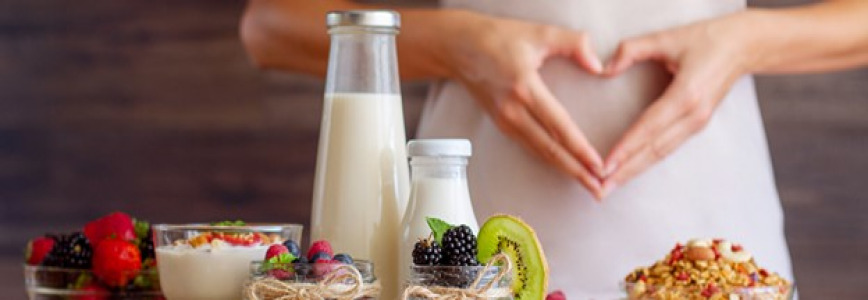
Stand out from the shelf and put Health First with Prebiotic Chicory Root Fibres
22 Jan 2024
If you are looking to differentiate from all other products on the market, then innovating with proven prebiotics should be your next New Product Development. When it comes to food and drink choices, consumers often take into consideration a manif...
Read more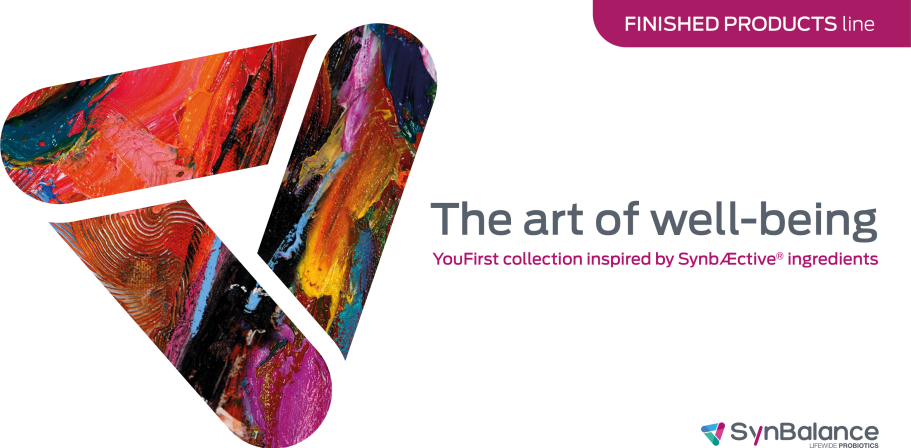
SYNBALANCE ANNOUNCES ITS FIRST CAPSULE COLLECTION FOR INCLUSING HEALTH
20 Dec 2023
SynBalance, the biotics-oriented company, focused on delivering highly scientifically evidenced probiotic solutions, is proud to present THE ART OF WELL-BEING capsule collection.
Read more

Bioriginal expands the business in The Netherlands and Japan
13 Dec 2023
Bioriginal Food & Science Corp has completed two significant acquisitions that will expand the company’s global footprint in the EU and Asia.
Read more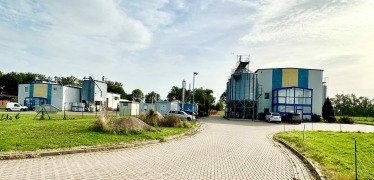
Bioriginal expands in Germany acquiring plant-based oil products company
13 Dec 2023
Bioriginal has expanded into Germany with the acquisition of Pflanzenölmühle Kroppenstedt GmbH operating as Kroppenstedter Ölmühle, a century-old, family-owned mill that specializes in the pressing of plant-based oil products from c...
Read more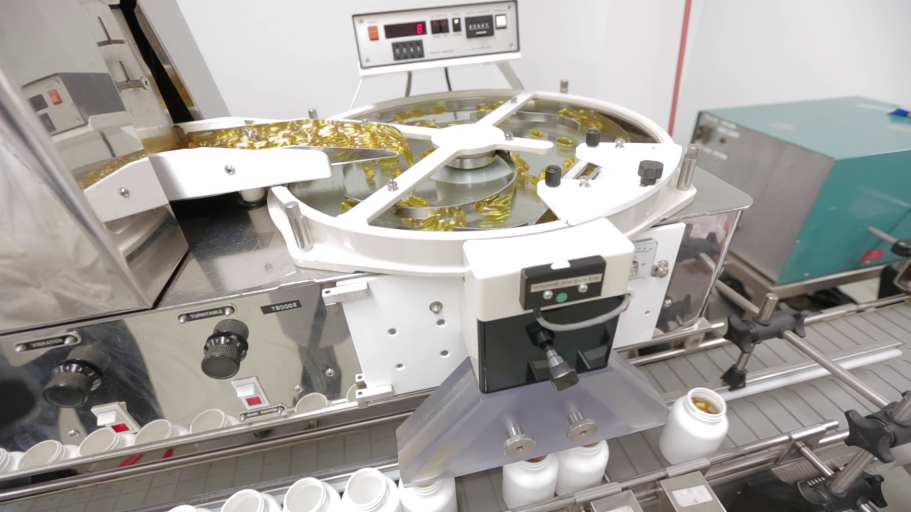
Bioriginal Acquires Softgel Co. To Expand Nutrition Products
13 Dec 2023
Bioriginal has expanded further into the United States with the acquisition of all the operating assets of Softgel Co. ("Softgel"), including a state-of-the-art softgel, squeeze tube and tincture manufacturing facility that specializes in enc...
Read more
ACT Expands Global Presence: New Sales Office in Spain in Febuary 2024
13 Dec 2023
ACT proudly announces the inauguration of a new sales office in Spain as of 1st of February 2024. This strategic expansion marks a significant milestone in the company's global growth initiative, aiming to strengthen its foothold in the European ma...
Read more
Bunge’s Beleaf™ PlantBetter: Elevating Plant-Based Alternatives to Match Dairy Butter - A breakthrough for taste, texture, and versatility on par with dairy butter
12 Dec 2023
Zaandam, The Netherlands, 20 November 2023 – Bunge, a global leader in food and agribusiness, introduces Beleaf™ PlantBetter, a ground-breaking plant-based alternative crafted to satisfy the growing demand for superior-tasting and environme...
Read more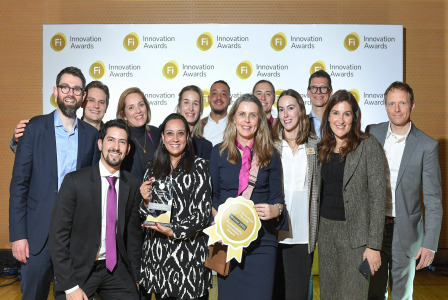
ofi's Carbon Scenario Planner wins prestigious Food Ingredients Europe Award
12 Dec 2023
ofi’s Carbon Scenario Planner (CSP), a new digital tool developed to help food and beverage manufacturers model the impact of different scenarios for reducing greenhouse gas emissions has won the 2023 Sustainability Innovation Award at Food Ingre...
Read more